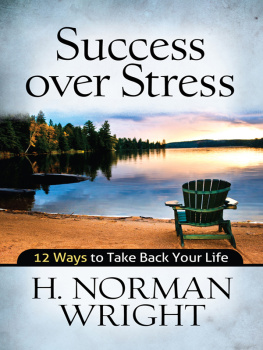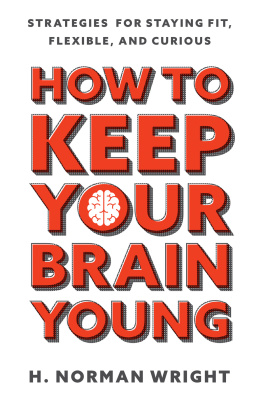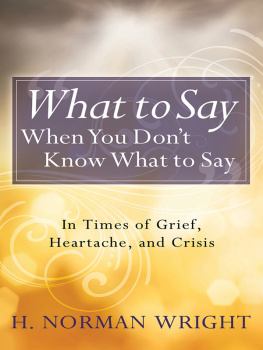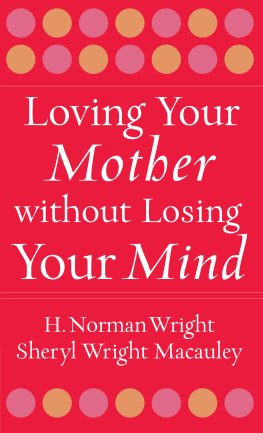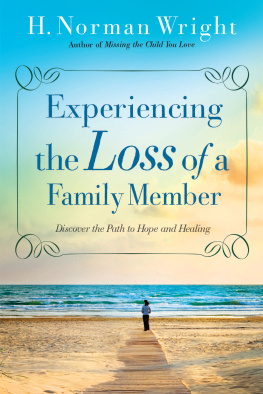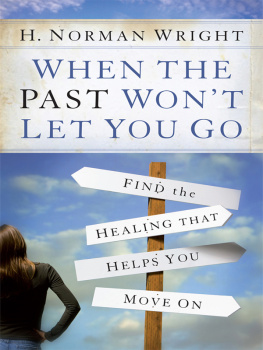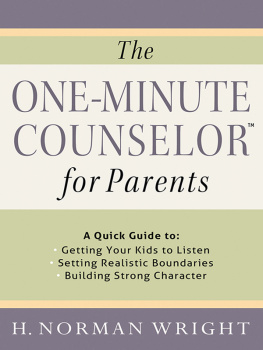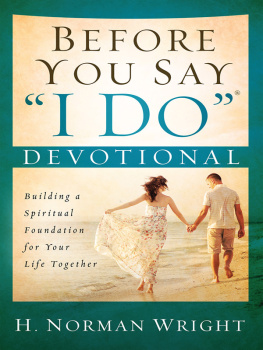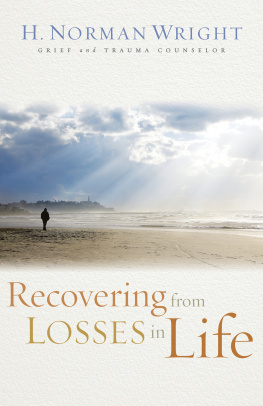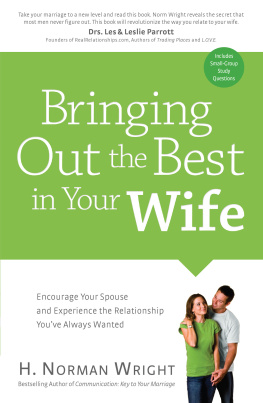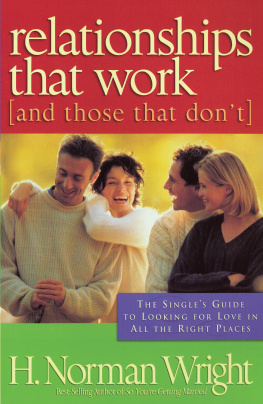

HARVEST HOUSE PUBLISHERS
EUGENE, OREGON
Unless otherwise indicated, Scripture quotations are taken from the Holy Bible, New Living Translation, copyright 1996, 2004, 2007 by Tyndale House Foundation. Used by permission of Tyndale House Publishers, Inc., Carol Stream, Illinois 60188. All rights reserved.
Verses marked TLB are taken from The Living Bible , Copyright 1971. Used by permission of Tyndale House Publishers, Inc., Wheaton, IL 60189 USA. All rights reserved.
Verses marked NIV are taken from the Holy Bible, New International Version, NIV. Copyright 1973, 1978, 1984, 2011, by Biblica, Inc. Used by permission of Zondervan. All rights reserved worldwide. www.zondervan.com
Verses marked NKJV are taken from the New King James Version. Copyright 1982 by Thomas Nelson, Inc. Used by permission. All rights reserved.
Verses marked KJV are taken from the King James Version of the Bible.
Verses marked Phillips are taken from J.B. Phillips: The New Testament in Modern English, Revised Edition. J.B. Phillips 1958, 1960, 1972. Used by permission of Macmillan Publishing Company.
Verses marked AMP are taken from The Amplified Bible, Copyright 1954, 1958, 1962, 1964, 1965, 1987 by The Lockman Foundation. All rights reserved. Used by permission. (www.Lockman.org)
Cover photo iStockphoto / Elenathewise
Cover by Dugan Design Group, Bloomington, Minnesota
SUCCESS OVER STRESS
Copyright 1998/2013 by H. Norman Wright
Published 2013 by Harvest House Publishers
Eugene, Oregon 97402
www.harvesthousepublishers.com
Library of Congress Cataloging-in-Publication Data
Wright, H. Norman.
Success over stress / H. Norman Wright.
p. cm.
Rev. ed. of: Finding the life youve been looking for.
ISBN 978-0-7369-3704-7 (pbk.)
ISBN 978-0-7369-4190-7 (eBook)
1. Stress (Psychology)Religious aspectsChristianity. 2. Stress managementReligious aspectsChristianity. 3. Time managementReligious aspectsChristianity. 4. SimplicityReligious aspectsChristianity. I. Wright, H. Norman. Simplify your life and get more out of it! II. Title.
BV4509.5.W76 2013
155.9'042dc23
2012026076
All rights reserved. No part of this publication may be reproduced, stored in a retrieval system, or transmitted in any form or by any meanselectronic, mechanical, digital, photocopy, recording, or any otherexcept for brief quotations in printed reviews, without the prior permission of the publisher.
Contents
Im so stressed. Every day ends up the same way. Oh, they start out all right, but it doesnt take long for the wiring in my body to tense up. By evening I feel strung out. Im not sure what to door if anything can be done. Its like Im stuck in stress and cant find the out door!
Stress . Is it real or imagined? We talk about it, but does it really exist? Unfortunately, its all too real. One description of stress compares it to the modern-day equivalent of the dragons of mythical history that sought to devour humans. The creatures dont exist, but stress doesand it can be just as lethal. Todays dragons are our jobs, social conflicts, painful relationships, unhealthy diets, time constraints, and too many electronics. And these modern dragons are more lethal than the mythical ones. Even with all the modern technology and advances weve made, no generation has experienced the variety and intensity of pressures and conflicts that we have today. Is it likely to get better? You know the answer to that as well as I do.
What is stress exactly? Heres a simple definition: Stress is any life situation that chronically bothers, irritates, or upsets you. Stress is any type of action that places conflicting or heavy demands upon your mind and/or body. What do these demands do? They upset your bodys equilibrium. Our bodies come equipped with a highly sophisticated defense system that helps us cope with those events in life that threaten and challenge us. When any of us feels pressured or threatened, our bodies quickly mobilize their defenses for fight or flight. In the case of stress, our bodies release an abundance of adrenaline, which disrupts our normal functioning and creates a heightened sense of awareness. We go on alert. Were like rubber bands that are being stretched. Usually when the pressure is released, the rubber band returns to normal. When it is stretched too much or when its kept in that position too long, the rubber loses its elasticity and becomes brittle, developing cracks and breaking. That is similar to what happens to us when there is too much stress in our lives.
What is stressful to one individual may not be stressful to another. For some people, stress is worry about future events that cant be avoided and then concern about the events after theyve occurred. For others, stress is simply the wear and tear of life.
Although some people think of stress as tension and some as anxiety, not all stress is bad. We need a certain amount of pressure and stimulation to function properly. Stress can be good if it is short-lived. Its when stress is too much that we end up crippled. And the wrong type of stress can wipe out our spiritual joy as well. Good stress is called eustress , from the Latin word eu , meaning good. It is positive and helpful because it doesnt last and isnt experienced continually. This type of stress can push us to make positive changes. Good stress is a form of resistance that stretches us, but then our bodys equilibrium adjusts and returns to a resting state. When our bodies dont return to normal rest and recover, we have bad stress or distress.
Causes of Stress
The stress in your life can be caused when anything happens that
annoys you
threatens you
excites you
scares you
worries you
hurries you
frustrates you
angers you
challenges you
embarrasses you
reduces or threatens your self-image
Most of the time, however, it is not a particular event that causes stress. So what causes the problem? Most situations that produce stress involve some sort of conflict between ourselves and the world at large. For example, if a teen skips school to go to the beach (which fulfills a personal desire), he creates a new problem at school with his absence. If a mother becomes over-involved at church and then has little time and energy for household responsibilities, there are new demands placed on her family. If she doesnt balance the demands from the outside with those inside herself, she will experience negative stress and pressure.
Where does most of our stress come from? Whether were children, teens, or adults, stress comes from our own minds . The most damaging stress comes from threats that cant be acted upon because they exist only in our imagination. Some people imagine the worst in a situation. They worry, which creates the sense of more threats and imagined fears. Even when there is a definite threat to the body, the basic problem is still in the mind. Situations that worry a person can be the most troublesome of all. A person who has learned to live according to John 14:27 NIV : Do not let your hearts be troubled and do not be afraid, will be able to handle the pressures of life, real and imagined, much better.
Lets Look at Your Life
How would you describe your most recent experience of stress? Was it an isolated incident or a common occurrence? What do you think created the situation? Was it something that happened to you or what happened inside of you in response to what occurred? It was probably both, with an emphasis on your internal response. Remember what stress is? Let me share this again:
Next page
